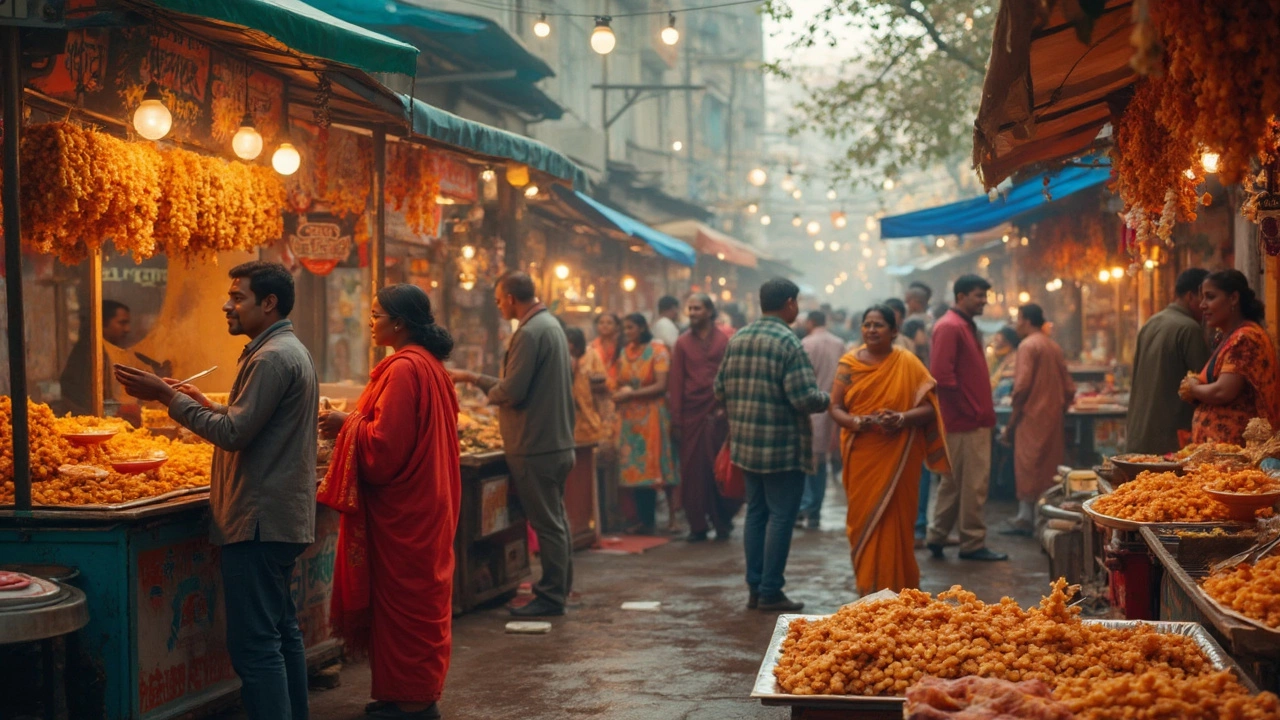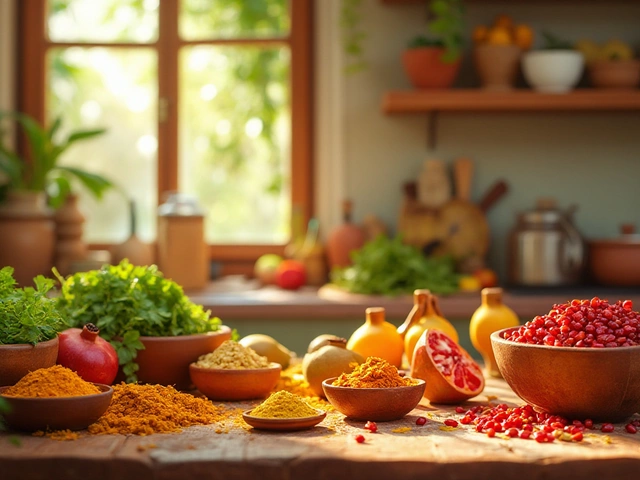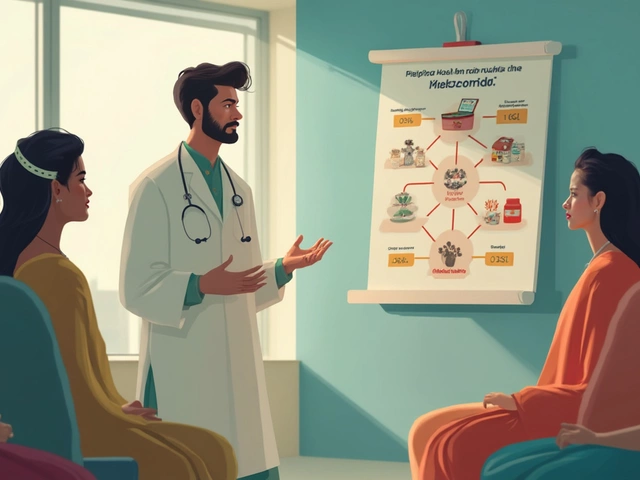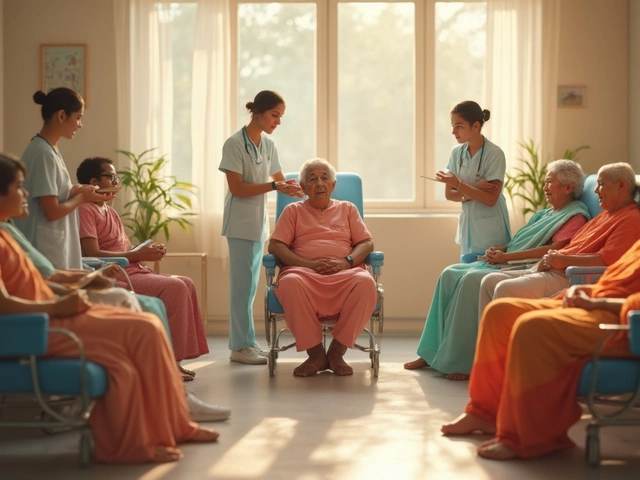Diet Comparison: How Your Food Choices Influence Toxin Exposure
Ever wonder why two people on the same medication can have very different side effects? The answer often lies in what they eat. Your diet can either boost the safety of a drug or turn a harmless dose into a problem. Let’s compare popular Indian and global diets side‑by‑side and see which ones keep hidden toxins at bay.
Vegetarian vs. Vegan: Similar but Not Identical
Both vegetarian and vegan diets cut out meat, but vegans also skip dairy, eggs, and honey. In India, vegetarian meals often include ghee, paneer, and curd. These dairy products can carry low levels of pesticide residues from milk, especially if the source isn’t organic. Vegans avoid those dairy‑related toxins, but they might rely heavily on processed soy or packaged nuts, which sometimes contain added preservatives.
When it comes to medication, dairy can interfere with drug absorption. Calcium in milk binds to certain antibiotics like tetracycline, reducing their effectiveness. If you’re on such meds, a vegan plan that eliminates dairy may be safer—just watch out for fortified soy milks that have added calcium.
Keto and Low‑Carb Diets: Hidden Risks in High‑Fat Foods
Keto lovers chase high‑fat foods such as butter, ghee, and coconut oil. While these fats are great for ketosis, they can also be a source of industrial chemicals if the oils aren’t cold‑pressed. For example, some cheap coconut oil contains trace amounts of pesticide residues from the farms.
High‑fat meals slow stomach emptying, which can delay the peak effect of fast‑acting pain relievers like ibuprofen. If you’re on a strict keto plan, consider taking pain meds with a small amount of low‑fat food or a glass of water to avoid delayed relief.
Another kicker: many keto snack bars pack artificial sweeteners. These sweeteners sometimes trigger gut‑flora changes, which can affect how the body metabolizes certain diabetes drugs. If you’re on metformin, a simpler low‑carb approach with whole vegetables and nuts might be gentler.
Traditional Indian Diet: Flavors Meet Safety
The classic Indian thali—rice, dal, vegetables, and a spoonful of ghee—offers balanced carbs and protein. The real safety factor is in cooking methods. Deep‑fried foods absorb oil that may contain harmful oxidation products, especially when the oil is reused.
Spices like turmeric, cumin, and coriander have natural antioxidant properties that can actually protect your liver from drug‑induced stress. Adding a pinch of these spices to any meal can help your body detox faster.
Practical Takeaways for a Safer Diet
1. Choose organic or certified‑clean produce when possible; this cuts pesticide load across all diets.
2. Pair calcium‑rich foods with drugs known to bind calcium only after the medication has been absorbed.
3. Limit processed soy, nuts, and sweeteners if you’re on medication that affects blood sugar or gut health.
4. Use cold‑pressed oils and avoid re‑using frying oil to lower oxidative toxins.
5. Sprinkle anti‑inflammatory spices into every meal—they’re cheap, tasty, and can support drug metabolism.
Remember, no single diet is magically toxin‑free. The goal is to understand the hidden risks each eating plan carries and adjust your meals to work with, not against, your medicines. Small swaps, like swapping a fried snack for a roasted one or adding a spoonful of fresh ginger, can make a big difference in how you feel day to day.
Start today by picking one of the tips above that fits your current diet. Track how you feel after a week—more energy, fewer stomach ups and downs, or smoother medication effects. When you notice improvement, keep building on it. Your plate is a powerful tool for staying safe from hidden toxins while you take your medicines.

Which Country Has the Unhealthiest Diet?
Figuring out which country eats the unhealthiest is more than just pointing fingers at who eats the most fast food. It's a mix of factors like high sugar intake, dependency on processed foods, and cultural habits that favor unhealthy options. This information matters more so today as people are willing to travel for better medical care going beyond borders with medical tourism solutions. Discover some surprising countries that earn this dubious title and what you can do if you're planning to travel for health-related reasons.

Natural Ways to Combat Cancer Cells Effectively
Dec, 25 2024

Does Metformin Really Aid Weight Loss?
Feb, 12 2025


